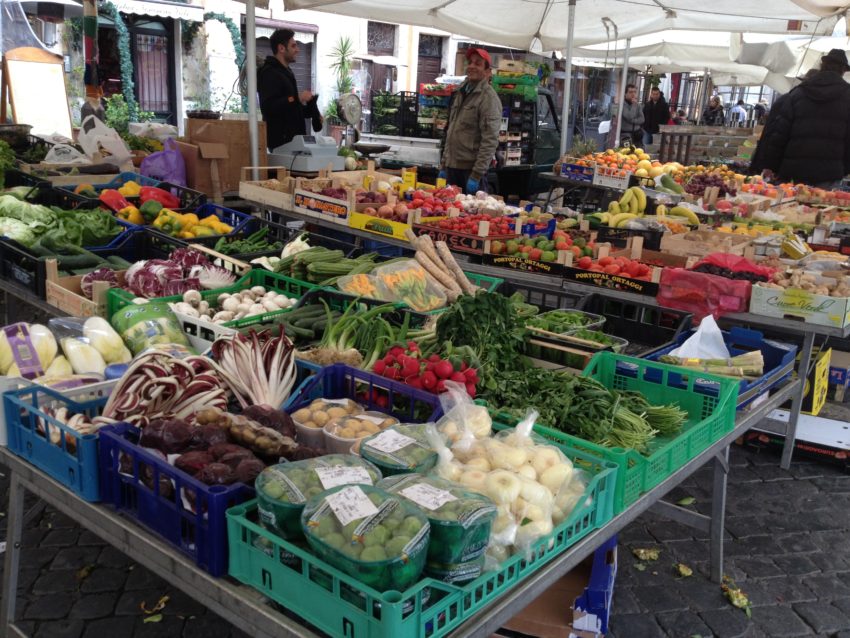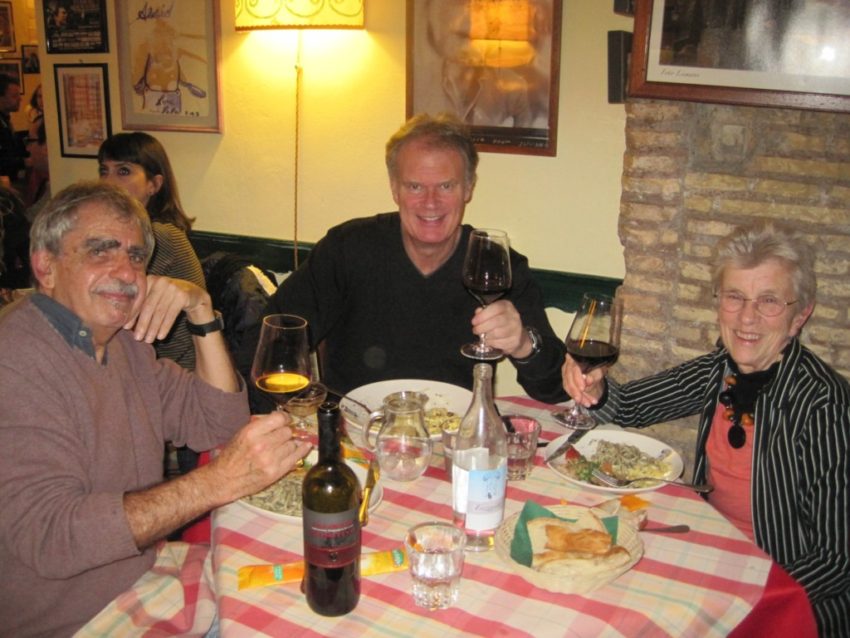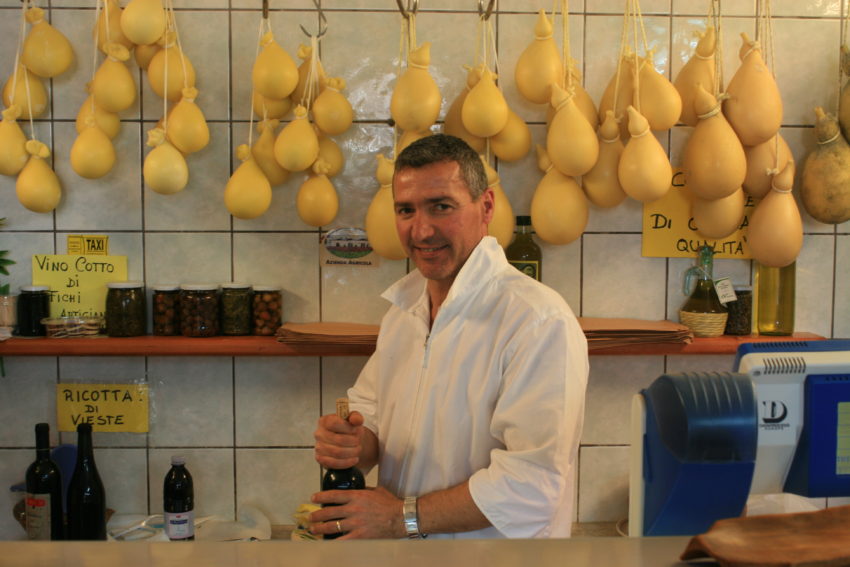Retired in Rome Journal: Buying an Italian cell phone not as easy as dailing uno, due, tre
Cell phones are as much a part of Italians’ lives as pasta. They’re connected to their ears like a growth. Land lines went out in Italy about the time of chariot races and cells, or cellulari as they’re called here, have become their lifeline. Italians have the fourth highest usage per capita in Europe (If you care, Lithuania is first), with 1,346 cell phones for every 1,000 people. Yes, that’s right. Italians even have backups.











